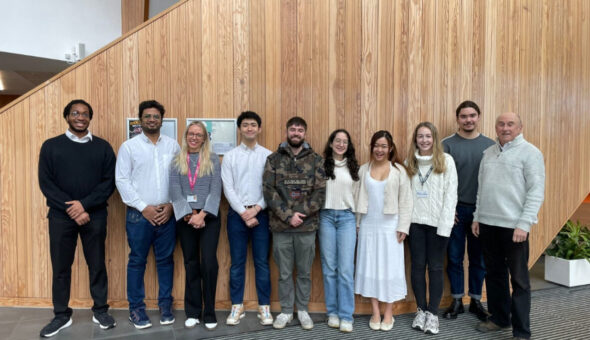The Centre for Learning and Teaching awarded me a Students as Producers grant to attend the green-rooted agricultural association's policy workshop in Freetown, Sierra Leone. The workshop was part of a wider visit to Freetown for the University of Bath and the University of Sierra Leone multi-disciplinary research team that I have been part of for the last year. Following my dissertation on how plants interact with the heavily polluted water at urban farming sites in Freetown, it was so insightful to be able to visit the sites and meet the farmers who had only been numbers on a spreadsheet for the previous year. Going to a policy workshop at the end of a civil engineering degree made it incredibly clear how environmental science and social sciences need to have successful cooperation for the most sustainable solutions to appear.

Speaking to local farmers, city councillors and local NGO workers showed that we had been taking the first stage of the engineering research (including my dissertation) in a direction that was slightly out of touch with the needs of the farmers. Their main issue was that they are struggling to keep hold of their land from increasing the pressures of encroachment and lack of political protection. Hence, following our return, I have been working with my dissertation supervisor to formulate a second stage of the research project which aims to prove the worth of the urban farming sites as green infrastructure to policymakers, while empowering the farmers with information on which of their plants are most effective at cleaning water. We hope that this research will be able to present a stronger case for protecting the world’s urban farming sites, which are found in cities all across the globe and are falling victim to the current methods of development.

On a personal level, the trip has deepened my understanding of the development industry, and the ways in which research can affect people’s lives. I saw first-hand some methods of attempting development that is still quite colonial and fails to benefit most of the population and the promise of striving to create dialogue. I saw how politicians and NGOs are keen to get on board with experts who speak with scientific jargon, but that many farmers who are experiencing the issues have the knowledge of an environmental scientist, just without the western vocabulary. The trip has helped us create the dialogue that can decolonise the research process going into the next stage of the project – we no longer want to find a solution for the farmers of Freetown, but rather be facilitators of the farmers of Freetown creating solutions for themselves.

Sam Wright, 22, 4th year Civil Engineering MEng student.
The Centre for Learning and Teaching has lots of funding opportunities including student grants. Find out more about Students as producers enabling undergraduate and postgraduate students to present and publish research outputs they have either created individually or have been generated by collaborating with academic or professional services staff.
Respond



